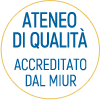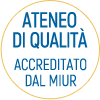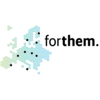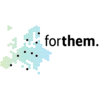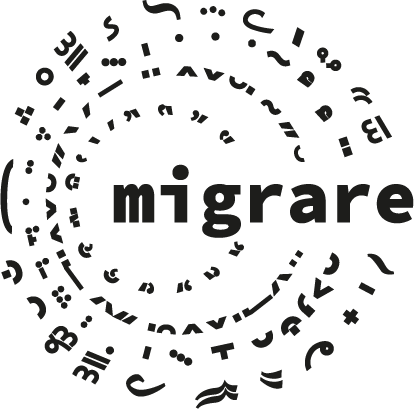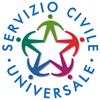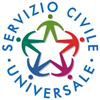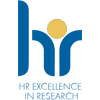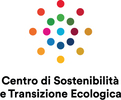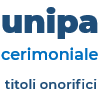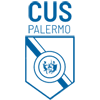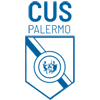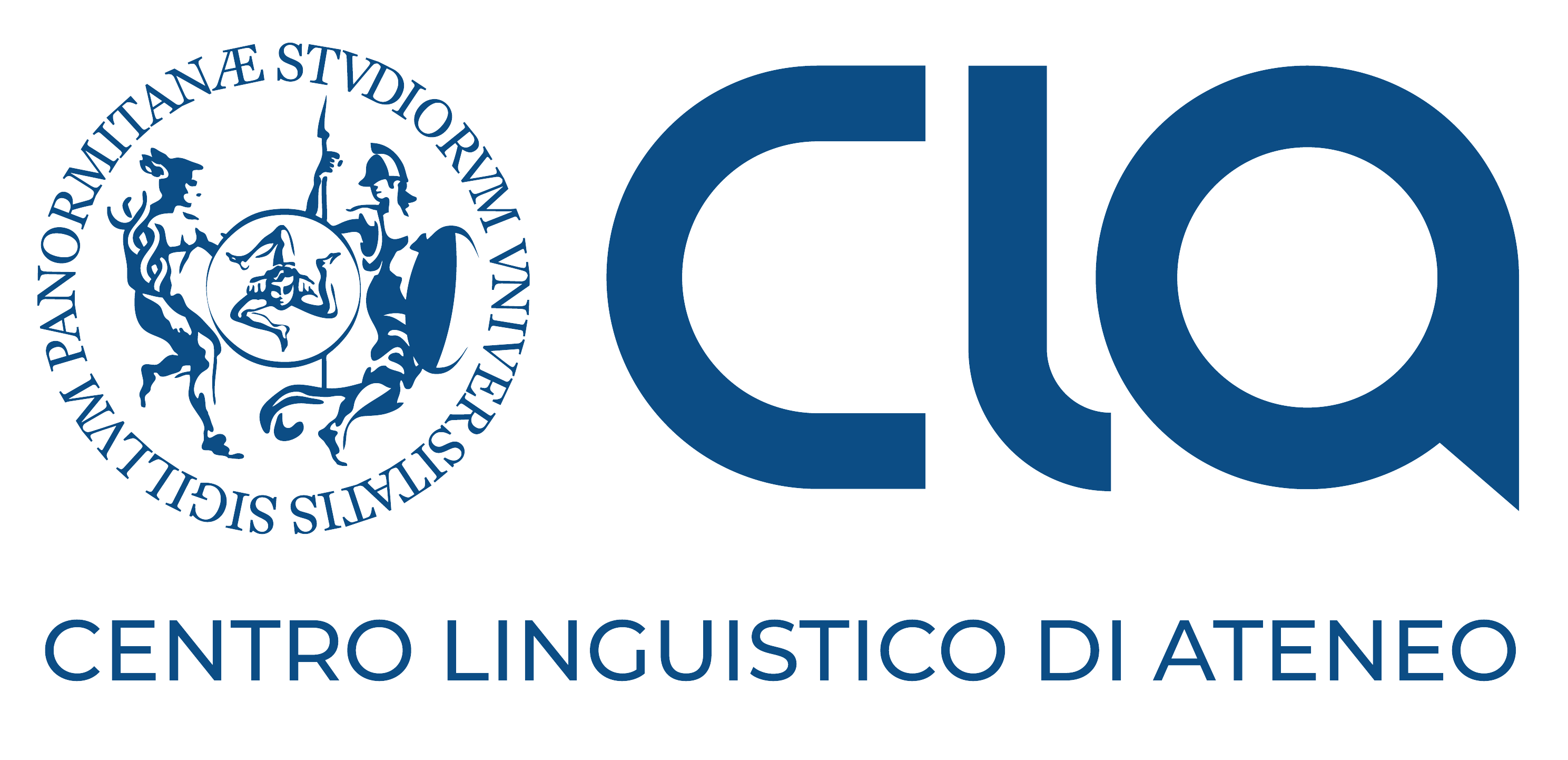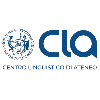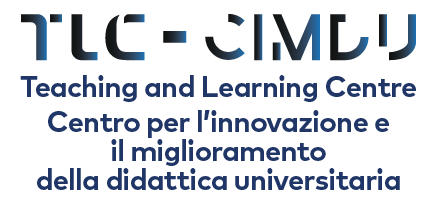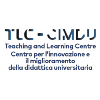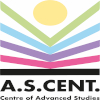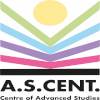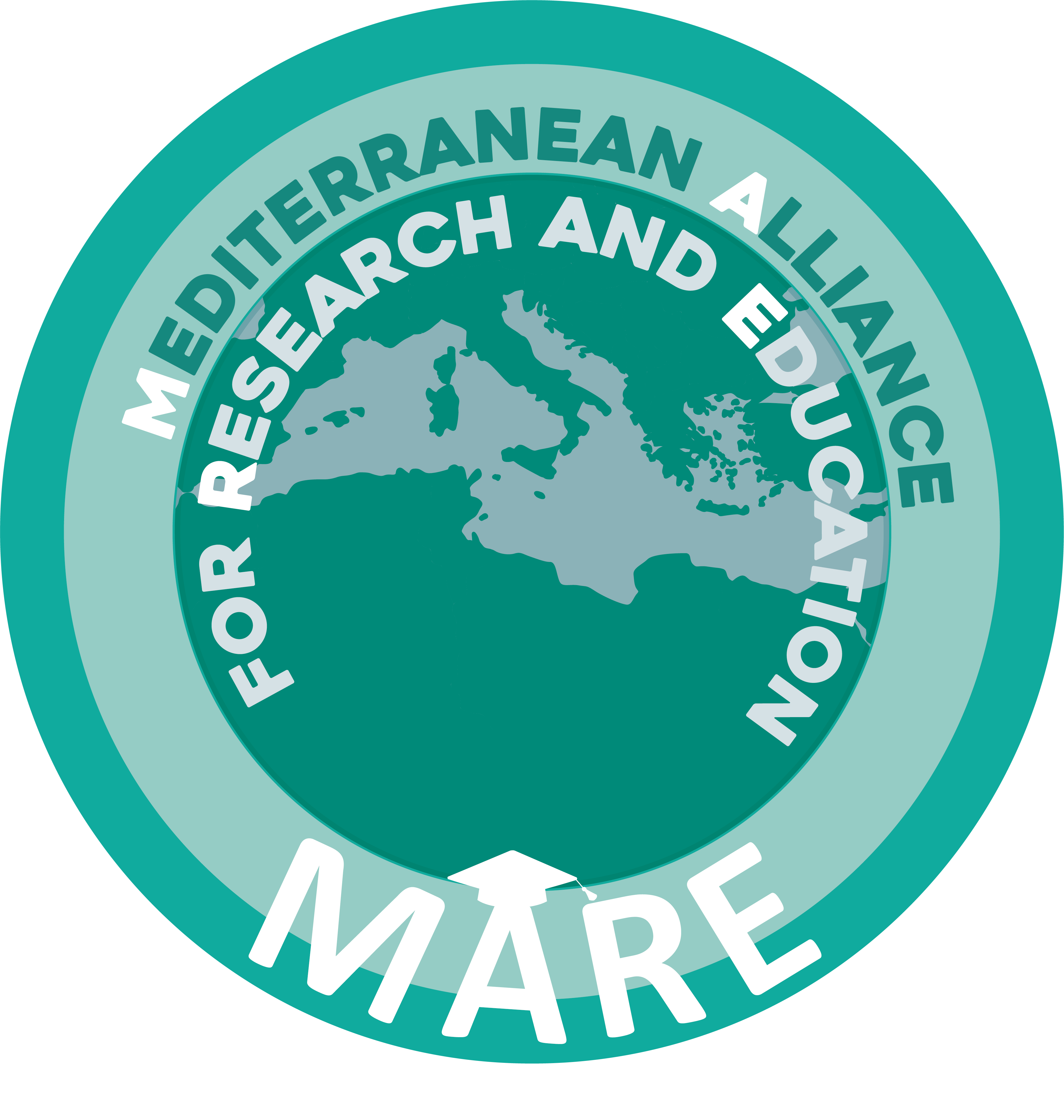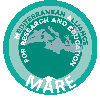LM-Snt2_HealthProfessionsOfRehabilitationSciences-00001.html
LM-Snt2 Health Professions Of Rehabilitation Sciences
LM-Snt2 Scienze Riabilitative delle Professioni Sanitarie
Educational objectives - professional opportunities for graduates
Graduates of this class possess advanced cultural and professional background enabling them to intervene in the care, managerial, educative and research processes of any ambit of the relevant health professions (chiropodists, physiotherapists, orthoptists - ophthalmology assistants, therapists of neuro- and psychomotility in the evolutive age, technicians of psychiatric rehabilitation, occupational therapists, professional educators).
Given the experience acquired through and adequate professional activity, graduates of this course will acquire an integrated approach to organisational and managerial issues of health professions, thanks also to their command of health management tools and techniques.
2nd cycle graduates of the class will thus be able:
- To apply basic professional knowledge in making decisions related to the organisation and management of sanitary services provided by rehabilitation professionals in the medical field, within sanitary premises with low, medium or high complexity.
- To use the needed sanitary economics and business organisation competences for the organisation of health services and the management of the available human and technological resources, evaluating the cost-benefits ration;
- To supervise specific sectors of the rehabilitation health organisation.
- To use research methods and tools in the field of health services;
- To apply and evaluate the impact of various theoretical models upon the operativeness of the organisation and management of health services;
- To plan the optimization of various kinds of resources (human, technological, information and financial ones) available for health structures with low, medium and high complexity;
- To design and realize lifelong educational actions;
- to develop teaching skills for the professional profile, in the field of tutorial activities, and for the supervision of professional practice within basic, complementary ad lifelong education;
- to communicate clearly with respect to organisational and sanitary issues with their collaborators and with patients;
- to analyse with a critical point of view the ethical and deontological aspects of health profession, with respect also to a multi-professional integration perspective.
In particular, specialist health professionals of rehabilitation sciences will carry out the following professional activities:
- they will cooperate with other professionals and with administration in all initiatives aiming at improving professional activities in their relevant healthcare sector, with respect to individuals and collectivity, to simple and complex rehabilitative systems;
- they will design and realize the upgrading of graduates’ professionalism, ensuring them lifelong scientific and technical growth, as well as a high level of personal motivation;
- they will provide for the continuous effect upon the work group of the most recent methods and tools deriving from the continuous scientific and technological development of the sector, with respect, in particular, to the opportunities given to rehabilitation by bioengineering, bioelectronics and bioinformatics;
- they will elaborate interdisciplinary and inter-professional recuperation and rehabilitation plans with respect both to individuals and to categories;
- they will participate as consultants to the initiatives for the breaking-down of architectural barriers;
- they will take care of interpersonal relations within the workplace, harmonizing the contributions of various rehabilitation professionals, avoiding overlapping and optimizing the rehabilitation process;
- they will carry out cost/benefit analyses with respect to various rehabilitative procedures, evaluating the effectiveness and duration of induced benefits;
- they will keep constant international relations with the relevant European Union health structures, aiming at the maximum level of homogeneity of intervention levels.
EDUCATIONAL PROGRAMME |
|
1st Year |
Credits |
| Medical statistics and information elaboration systems – integrated course | 6 |
| Physiology, Psychobiology and Physiological psychology – integrated course | 7 |
| Psychopharmacology and Neurology – integrated course | 7 |
| Sciences of the evolutive age – integrated course | 9 |
| Medical-surgical sciences – integrated course | 9 |
| Professional practice | 15 |
2nd Year |
credits |
| Psychiatry and Psychiatric rehabilitation– integrated course | 7 |
| Forensic medicine and elements of public law– integrated course | 6 |
| Internal medicine and Physical and rehabilitative medicine– integrated course | 7 |
| Science of prevention and general surgery– integrated course | 9 |
| Business organisation | 3 |
| Professional practice | 15 |
| Other activities (computing skills, seminars) | 5 |
| Elective courses | 6 |
| Other activities (specific professional laboratories) | 3 |
| Final examination | 6 |





